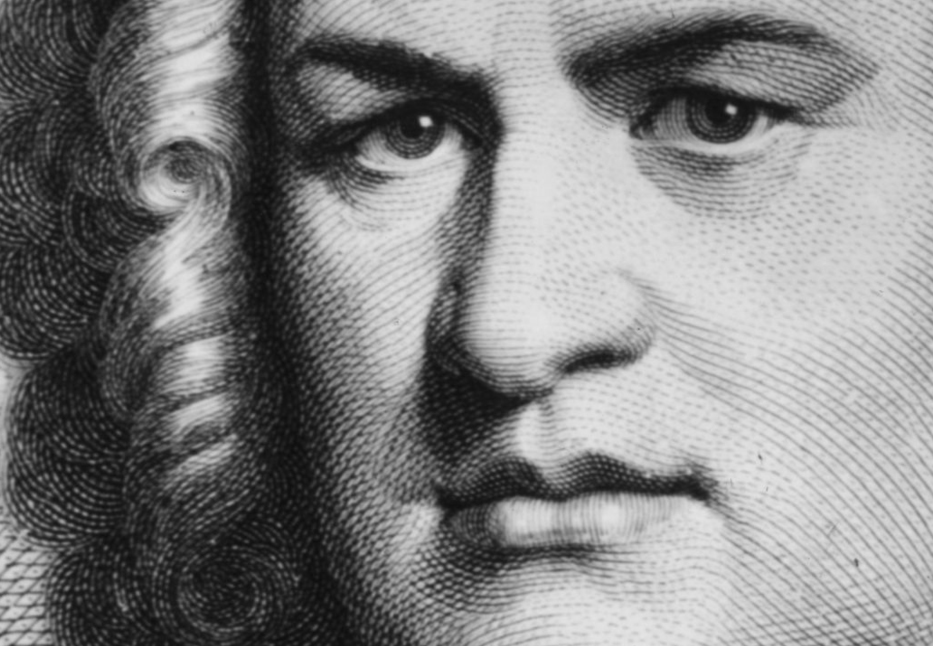Charlie Rose recently sat down with John Eliot Gardiner to discuss his book entitled Bach: Music in the Castle of Heaven. In their synopsis of the book, Amazon writes: “John Eliot Gardiner grew up passing one of the only two authentic portraits of Bach every morning and evening on the stairs of his parents’ house, where it hung for safety during World War II. He has been studying and performing Bach ever since, and is now regarded as one of the composer’s greatest living interpreters. The fruits of this lifetime’s immersion are distilled in this remarkable book, grounded in the most recent Bach scholarship but moving far beyond it, and explaining in wonderful detail the ideas on which Bach drew, how he worked, how his music is constructed, how it achieves its effects—and what it can tell us about Bach the man.”
You can watch the interview in full above, and if that peaks your interest, you might also be interested in reading a new article written by Charles Rosen for The New York Times Magazine entitled “Six Parts Genius“. Rosen’s article provides a fascinating look at one Bach composition in particular. “Many musicians consider the six-voice ricercare from ‘The Musical Offering’ to be his greatest fugue, and I would choose this as the most significant piano work of the millennium, as it is perhaps the first piece composed for the recently invented piano — at least, the first piece that a composer knew would certainly be played on a piano.” You can read the entire piece by visiting The New York Times Magazine.
I discovered the article thanks to legendary Canadian pianist Angela Hewitt and a recent post she made on her Facebook page. I first fell in love with Angela’s piano playing after watching the movie The Tree Of Life which used Angela’s performance of Francois Couperin’s iconic 1716 masterpiece “Les Barricades Mysterieuses” in its soundtrack. You can listen to it below, as well as two of my favorite Bach works. And for an added bonus, I’ve included philosopher and futurist Jason Silva‘s latest video from his Shots Of Awe series where he explains exactly why it is we are so transfixed by beauty — something Bach himself understood more than almost any human being that has ever lived. For more great stories from the world of classical music be sure to visit Classical Music on FEELguide.
SEE ALSO: Bach’s 1749 Latin Mass Has Me Doing Pirouettes In My Bathtub
SEE ALSO: NOVA Explores Music’s Powerful And Mysterious Effect On The Human Brain
SEE ALSO: The Story Of How A Photocopier Could Have Saved Bach’s Life
SEE ALSO: The WOW Files: Bach’s Partita No.3 Prelude Is The Most Amazing Thing You’ll Hear All Day
SEE ALSO: Bach Wrote His Brandenburg Concerto No.6 Purposely To Get Fired: Here’s How And Why He Did It
SEE ALSO: The Mathematics Of Poetry: A Look At Shakespeare’s Iambic Pentameter And The Number 14
.


